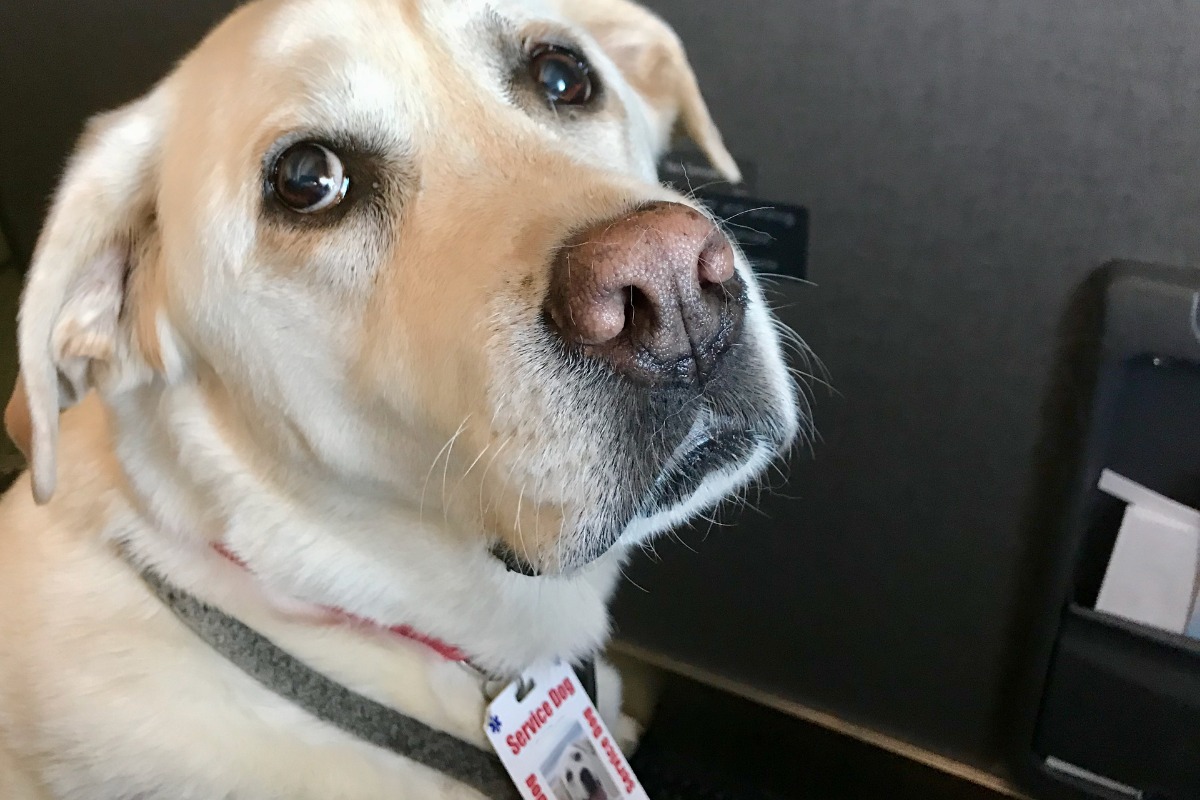Highly trained canine essential workers are being forced into early retirement due to hidden pain or trauma, according to veterinarian, Dr Edward Bassingthwaighte.
These canine workers play vital roles in the lives of their owners and the broader community. From helping people to see, offering general assistance, providing protection, security screening, or helping with livestock – these dogs represent a huge investment. The record price for stock working dogs in Australia is $35,200.
Dr Bassingthwaighte, or The Healing Vet as he’s otherwise known, says the physical strain on these dogs mirrors that of Australia’s frontline workers with constant impact on joints, bones, and soft tissue strain, which can lead to pain and early retirement if undetected.
“More than half the dogs that come under my hands in the vet clinic have significant soft tissue pain that their humans don’t know is there,” says Dr Bassingthwaighte, who specialises in releasing “silent pain” in dogs.
“I have worked to help rescue and assistance dogs who had soft tissue pain as a vet. After our hands-on treatment, we see these dogs regain mobility, become happier, more active, better able to focus on and do their incredibly valuable work doing what they do best – helping humans have a better life.”
Dr Bassingthwaighte also highlights that these dogs can also suffer from hidden trauma and PTSD, particularly in search and rescue, army, and police dogs.
“They see horrific, violent situations, and as we’ve seen recently with protestors, projectiles at them. This sort of violent and stressful situations can have a profoundly negative impact on the animals in terms of trauma. They often become anxious and are then retired due to what are labelled ‘behavioural problems’, when really, the problem is the underlying pain and stress associated with their work.”
Hidden pain or trauma in dogs can present in a number of ways:
- Slowing down, unwilling to work (A lot of people think this is normal ageing)
- Unable to jump in the car or on the couch
- Changes in behaviour (grumpy, avoidant, depression)
Dr Bassingthwaighte says that bodywork can be healing for both the physical and psychological trauma experienced by working dogs.
“I believe many working dogs are retired earlier than they need to be, due to ‘hidden’, ‘silent’, undiagnosed soft tissue pain. Imagine how much it could benefit the dogs, and the people they serve, if their guardians could learn how to find and treat soft tissue pain in their working dogs with intentional touch?
“Any pet owner can learn this and it’s a great way to repay the loyalty of our hard-working essential canine workers.”

